May 21, 2013
Pulling an all-nighter to meet a deadline? Don't worry. Put on the coffee, take a deep breath and follow these tips to stay sharp and get the work done.
You can barely keep your eyes open, yet you need to meet that critical deadline. You had no idea it was going to take this long, be this difficult or that so many things were going to go wrong. It doesn’t matter, though, because sometimes you just need to push through. You can blame it on poor planning, ridiculous demands or both. Whatever the reason is, it’s irrelevant now because no excuse in the world is going to change things. You need to do the work now!
If you're running on no sleep, try these seven tips to stay awake, focused and on task.
Our ability to concentrate and stay on task becomes extremely diminished when we’re exhausted. Drifting around the Web and checking your email for the 100th time will keep you from getting the work done. Simply turning off email won’t work, since you will turn it back on. Disable your email and the Web altogether. The best way? Disable your wireless connection, or pull the data cable.
RELATED: 7 Reasons Working 9 to 5 Is Better for Business
Music helps ... but it needs to be instrumental or music with lyrics that you don’t know (so your mind doesn’t focus on singing). Secondly, make sure the music rocks. You want it to have lots of energy. Listening to lullabies, or music that makes you want to cry in your beer (you should not be drinking beer if you’re that exhausted), does not help at this critical time.
Napping may sound counterintuitive, but trust me, naps work. If you have kids, you know what 20 minutes of snooze time can do. It works for adults too. Yeah, you have a critical deadline ... every minute counts, right? Yet I’m telling you that you need to get some sleep, even a little bit.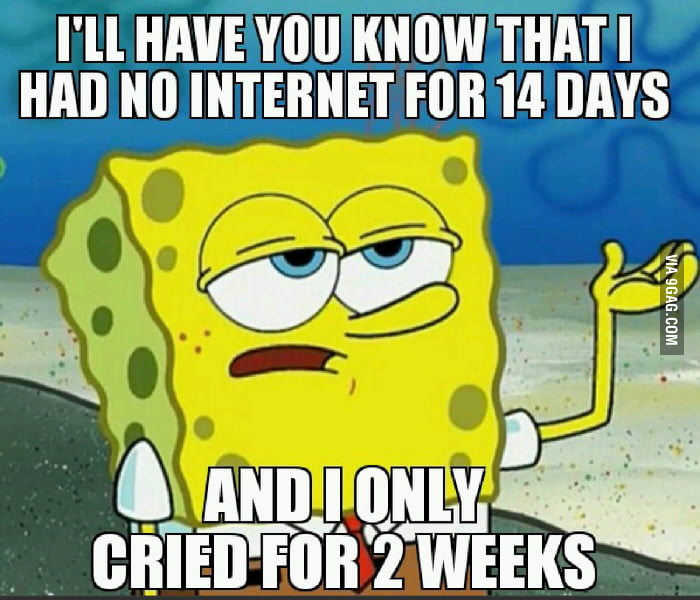 It’s true. Even 25 minutes of sleep will give you more energy than a cup of coffee and loud tunes. Set the alarm to very loud and go lie down for 20 to 25 minutes. You’ll be groggy when you wake up, and you may feel the urge to suck your thumb, but start pushing forward. After a few minutes you'll be cranking away again, and even feeling pretty refreshed.
It’s true. Even 25 minutes of sleep will give you more energy than a cup of coffee and loud tunes. Set the alarm to very loud and go lie down for 20 to 25 minutes. You’ll be groggy when you wake up, and you may feel the urge to suck your thumb, but start pushing forward. After a few minutes you'll be cranking away again, and even feeling pretty refreshed.
Do I need to say more? Knock back some double espressos, Mountain Dew, Red Bull or whatever it takes to keep you going for the short haul or for that last push.
Push-ups and sit-ups will wake you up. Do them hard and do them fast to get the blood pumping and your metabolism up. If you can’t do push ups and hate the idea of a sit-up, then find some stairs and go up and down them a few times. Run in place. Put your back to the wall and do squats. Whatever you do, get your heart rate up.
RELATED: 8 Ways to Change Bad Work Habits for Good
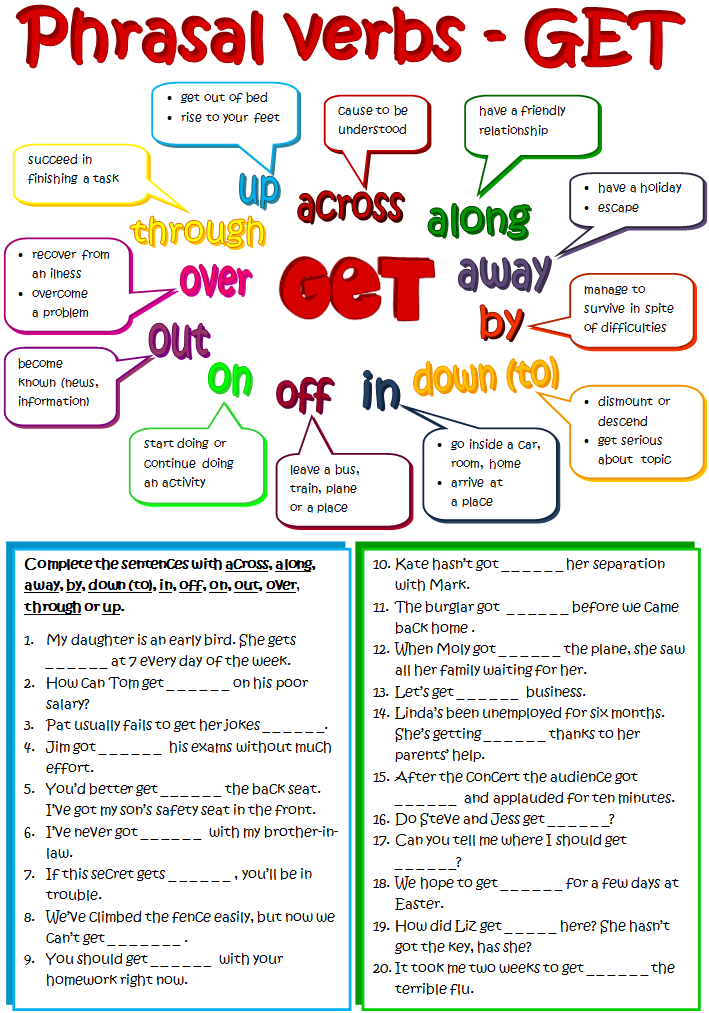 Stand up.
Stand up.When you’re sitting, it’s easy to slump. If you can, stand while you're working. Find a counter or build up a low counter by putting a box or something on it to create a counter you can work at. If you have something you can do while walking around and talking into a tape recorder, or writing on a pad of paper, do it.
If you ask people who are drunk to say the alphabet, they will mess up every time. If you ask them to repeat one letter at a time, after you say it, they will nail it. It's the same with your work. If you have to work on a full-length report for example, break it down into very small chunks. Just think about the one sentence you need to do. When it's done, put all the focus on the next sentence.
Read more articles on productivity.
Photo: Getty Images
By
Adam Dachis
Comments (35)
Alerts
We may earn a commission from links on this page.
Photo: fizkes (Shutterstock)
If the Monday after the time change is hitting you hard, you’re not alone. Losing an extra hour of sleep is tough, especially if you’ve already been running on empty due to pandemic stress or garden variety not-getting-to bed-on-time. So here are some strategies for getting through the day.
Before we get started, let’s get one thing straight: this isn’t going to be a cakewalk. When you’re really tired, working is tough no matter what you do. That said, there are ways to help make the day easier and actually get things done. You’re not going to feel bright and cheery, but you can avoid turning into a zombie. We’ve looked at quick fixes for feeling tired, but in this post we’re going to examine what you can do to help yourself during the entire day. Essentially, your goal will be to give yourself extra energy and avoid behaviors that will make your exhaustion worse. With a little bit of effort, you’ll be able to avoid passing out.
Be diligent about what (and how much) you eat and drinkWhen you’re tired, food is a difficult affair.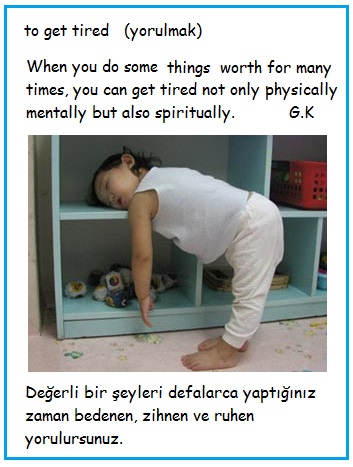 You need to eat enough to provide your body with the energy it needs to get through the day, but you also need to be sure you don’t overeat (or undereat!) or you can end up feeling worse. Serve yourself whatever you would normally eat, in a normal size portion, rather than asking your poor tired brain to come up with new ideas or guess how hungry you are.
You need to eat enough to provide your body with the energy it needs to get through the day, but you also need to be sure you don’t overeat (or undereat!) or you can end up feeling worse. Serve yourself whatever you would normally eat, in a normal size portion, rather than asking your poor tired brain to come up with new ideas or guess how hungry you are.
If you have multiple options for breakfast, avoid sugary foods—which sometimes cause a post-meal energy slump—and go for something filling that includes protein and fiber. (Consider a veggie omelet, or a high-protein yogurt with fruit and nuts.)
Drink plenty of water, too. If you end up getting dehydrated during the day you’ll worsen your situation as well.
Get your blood flowing with quick and simple exercisesNot all exercise will wake you up—and a long workout can wear you out—but doing small amounts of exercise during the day can help you stay alert when you’re tired. For example, do three sets of pushups with 30 second breaks in between. Do as many as you can in each set. This shouldn’t take you more than five minutes, you shouldn’t sweat too much in the process, and it’ll wake you up. If pushups aren’t your thing, check out this 10-minute workout that you can do with air squats or lunges.
Do as many as you can in each set. This shouldn’t take you more than five minutes, you shouldn’t sweat too much in the process, and it’ll wake you up. If pushups aren’t your thing, check out this 10-minute workout that you can do with air squats or lunges.
We all know that sitting down all day is bad for us, but standing up isn’t an exciting prospect for most people, either. You’re probably used to working in chair because it’s more comfortable. When you’re tired, though, you don’t necessarily want to be uncomfortable—you just don’t want to fall asleep. This is another good excuse to work in a standing position. You may not have the desk for it, but see if there’s a way you can shift your workspace so that you can keep your monitor and keyboard at standing height. Stacks of books are your friend, or if you’re at home, find a shelf or countertop that’s an appropriate height.
Use caffeine intelligently (if necessary at all)Caffeine is what most people use to stay awake when they’re tired, but overuse can lead to problems like headaches. If you’re a frequent coffee drinker, or you consume caffeine regularly, this section doesn’t have much news for you. You’re probably already brewing your third mug of the morning, which will help a little.
If you’re a frequent coffee drinker, or you consume caffeine regularly, this section doesn’t have much news for you. You’re probably already brewing your third mug of the morning, which will help a little.
If you’re not a regular consumer, starting your day off with a reasonable amount of the stuff (around 65-100mg, about one small cup of coffee) can help prevent you from feeling more and more tired as the day goes on. This is because your active brain is constantly producing adenosine as a byproduct of its activity. When your adenosine levels are high enough, your brain knows it’s time to get some rest. Caffeine can, essentially, impersonate adenosine and bond with its receptors, putting off your brain’s job of letting you know it’s time to sleep. This works perfectly well if you’re not a constant consumer of caffeine, but won’t do so much for you if your body expects it.
The important thing to remember is to avoid caffeine in the later hours of the day, as you’re going to want to sleep eventually.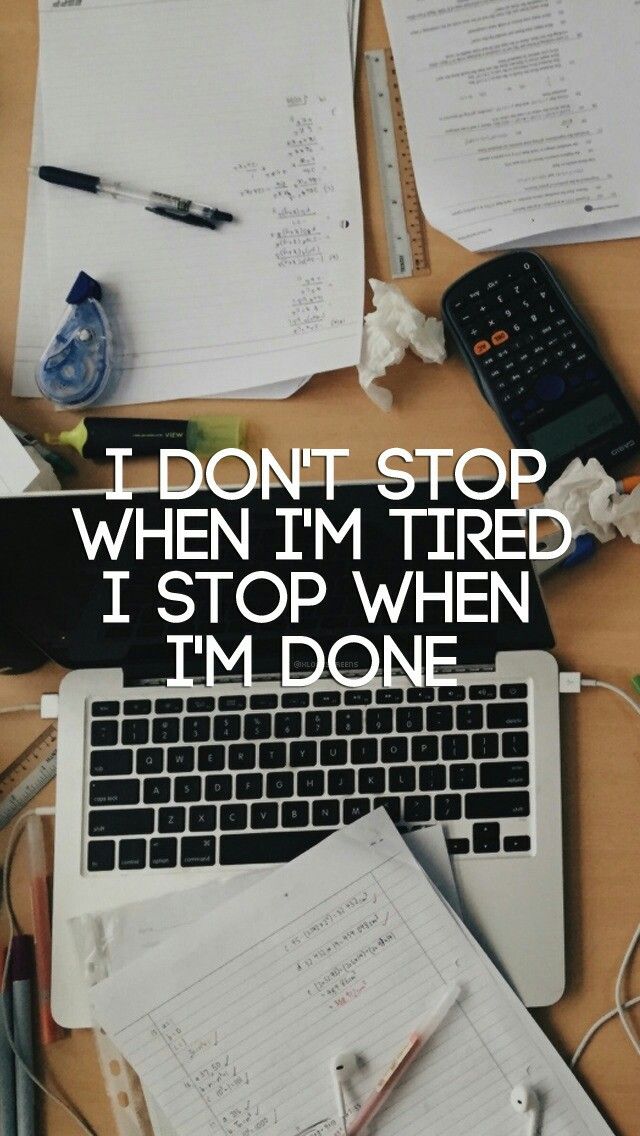 Stop taking caffeine after 2 p.m. or so, or else you’ll keep yourself up late again tonight, and you’ll be rereading this article tomorrow.
Stop taking caffeine after 2 p.m. or so, or else you’ll keep yourself up late again tonight, and you’ll be rereading this article tomorrow.
Just because you’re at work doesn’t mean you can’t find a little time to sleep. Hopefully your boss is understanding enough to let you escape for 20 minutes to take a quick nap, but even if not, you can still fit one in. Napping at the wrong time of day can throw off your circadian rhythms, but if you keep that nap to 20 minutes and take it between 1:00 and 3:00 PM you can actually boost your cognitive ability without screwing with your sleep schedule. Presumably you have a lunch break, so go take a 20 minute nap in your car (or somewhere more comfortable, if you’ve got it) and take your lunch back to your desk. You can eat it there feeling a little less exhausted.
This post was originally published in June 2012 and was updated on March 15, 2021 by Beth Skwarecki with additional information, updated links, and to meet Lifehacker style guidelines.
It's a shame when work instead of money and pleasure brings only fatigue. And it’s not at all the case if the day has just begun, but there is no strength even for elementary tasks.
Let's figure out what are the reasons for such a state and what to do if the work is tired.
Various household trifles seriously irritate and distract from work. For example, office workers often have to put up with an uncomfortable workplace or colleagues who speak loudly on the phone and distract with personal conversations.
Those who work remotely cannot always afford privacy. So cats, dogs and children who require attention, or neighbors with a perforator intervene in the workflow. It happens that there is not enough space in the apartment, and you have to work at the kitchen table, on the sofa or on an uncomfortable stool.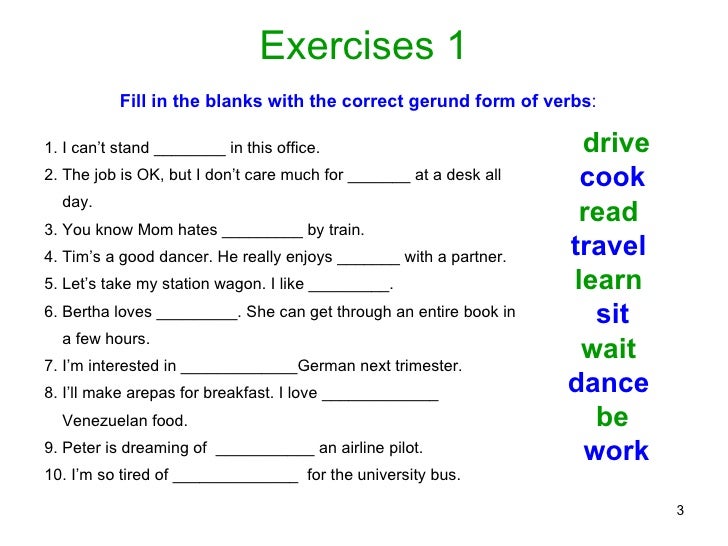
Domestic inconveniences not only interfere with concentration on work, but also cause physical discomfort: the lower back starts to hurt, the neck becomes numb, the tone of the shoulder muscles increases - they become wooden and hurt even at the slightest touch. Physical fatigue is added to intellectual fatigue.
It will not be possible to work long and productively in such conditions
Organize a comfortable workplace. Wherever you work, at home or in the office, equip yourself with a comfortable workplace. There should definitely be:

Ventilate the room at least once an hour and drink more during the day. Water is a source of strength, it helps maintain hydrobalance and stimulates metabolic processes in the body. The European Food Safety Authority considers that the norm for adequate water intake per day is about 2 liters for women and about 2.5 liters for men. In order not to choke and painfully pour in your daily volume, try this method: put a glass of water on the table and take a sip every time you stumble upon it with your eyes.
Tell your family that you are at work. Tell them that during working hours you cannot be distracted by personal conversations and household chores. Coordinate plans for the day with your family and discuss what hours you plan to work. If there are children in the family, help keep them busy during your work - come up with games, pick up cartoons.
Buy active noise canceling headphones. This will help you disconnect from extraneous sounds and focus on work. In addition, a good headset will come in handy for calls with colleagues.
In addition, a good headset will come in handy for calls with colleagues.
Rent a coworking space. A good solution for those who do not allow the area of the apartment or family circumstances to work from home. Co-working spaces are gaining popularity all over the world: they have a working and creative atmosphere, comfortable meeting rooms and fast Wi-Fi.
According to the Labor Code of the Russian Federation, the normal working time is 40 hours a week or 8 hours a day. The same duration of the working week is adopted in other countries - 40-44 hours.
At the same time, statistics show that in practice many people face overtime. All over the world, employees stay late at work and spend up to 24 hours a month on it. In Russia, according to the statistics of the Superjob.ru portal Research Center, 58% of respondents regularly work more than the allotted time.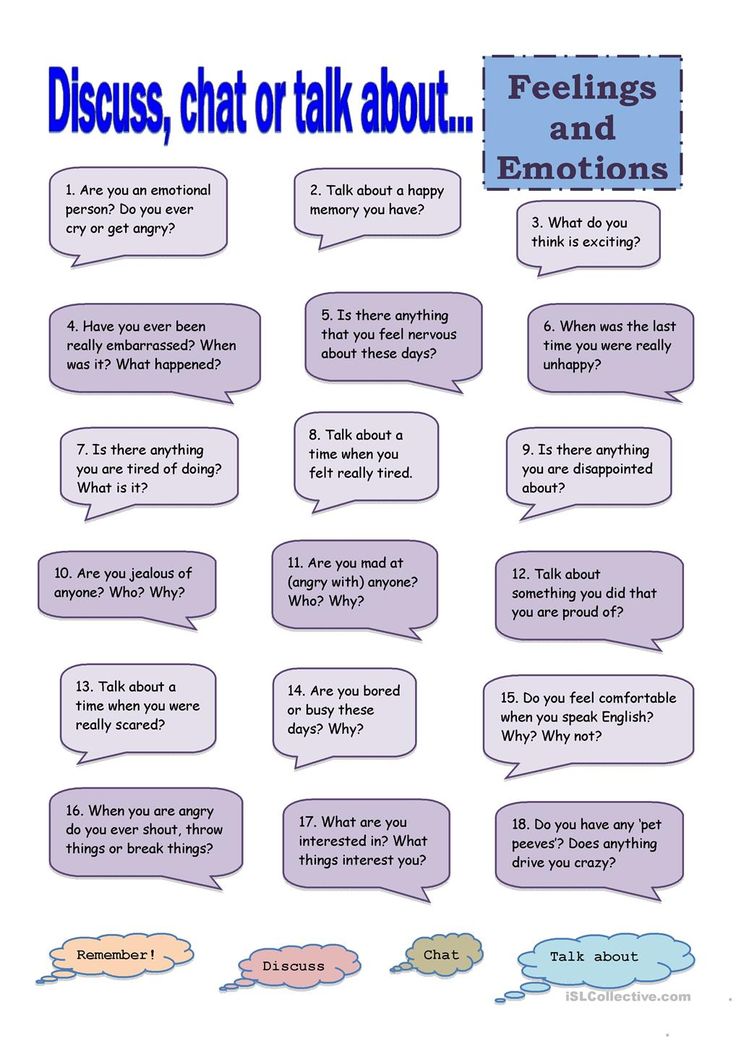 They work overtime both in the office and remotely.
They work overtime both in the office and remotely.
"Scourge" of remote workers: violation of the "work - home" border. If the workplace is a couple of meters from your own bed, it is difficult for the body to switch to rest mode. The working day is long over, but it seems that it is not difficult to answer a letter, looking at your favorite TV series with one eye. When this becomes a habit, the subconscious mind ceases to distinguish between work and rest - as if you are constantly working.
WHO experts have found that regular overwork leads to chronic fatigue and psycho-emotional stress, and also causes serious health problems - increase the risk of stroke and diseases of the cardiovascular system.
Set the beginning and end of the working day. Clearly define the boundaries of working time. When it ends, "turn off" from the workflow and go to rest. If you work remotely, be sure to let your colleagues know about your working hours. Warn that at other times you are ready to answer only urgent messages, and postpone other questions for the next day.
Warn that at other times you are ready to answer only urgent messages, and postpone other questions for the next day.
Take breaks during the working day. Regular pauses of 5-10 minutes will help the brain to relax and work more productively. During the break, do household chores, make tea, or just lie down with your eyes closed. Even better, do some simple exercises. 20-30 squats, tilts or push-ups will help disperse the blood and activate brain activity, relax stiff muscles, and give a surge of strength for further work.
The popular Pomodoro Technique helps you organize your day effectively—here's how it works and how to implement it.
Rest properly and regularly. In the evening, try to relax away from the workplace: walk in the fresh air, communicate with family and friends.
Be sure to get enough sleep to restore your strength. The Sleep Research Society and the American Academy of Sleep Medicine state that the minimum for an adult is 7 hours of sleep per night. And the European Society for the Study of Sleep generally believes that sleeping less than 6 hours is dangerous to health.
And the European Society for the Study of Sleep generally believes that sleeping less than 6 hours is dangerous to health.
Balance work, free time and sleep
Arrange your routine so that you have enough time for a good sleep.
Not only the quantity but also the quality of sleep is important:
Don't forget holidays and weekends. You can not work hard for weeks without rest - this is a direct path to burnout. Even if you work in a flexible schedule, be sure to set aside 1-2 days a week for rest.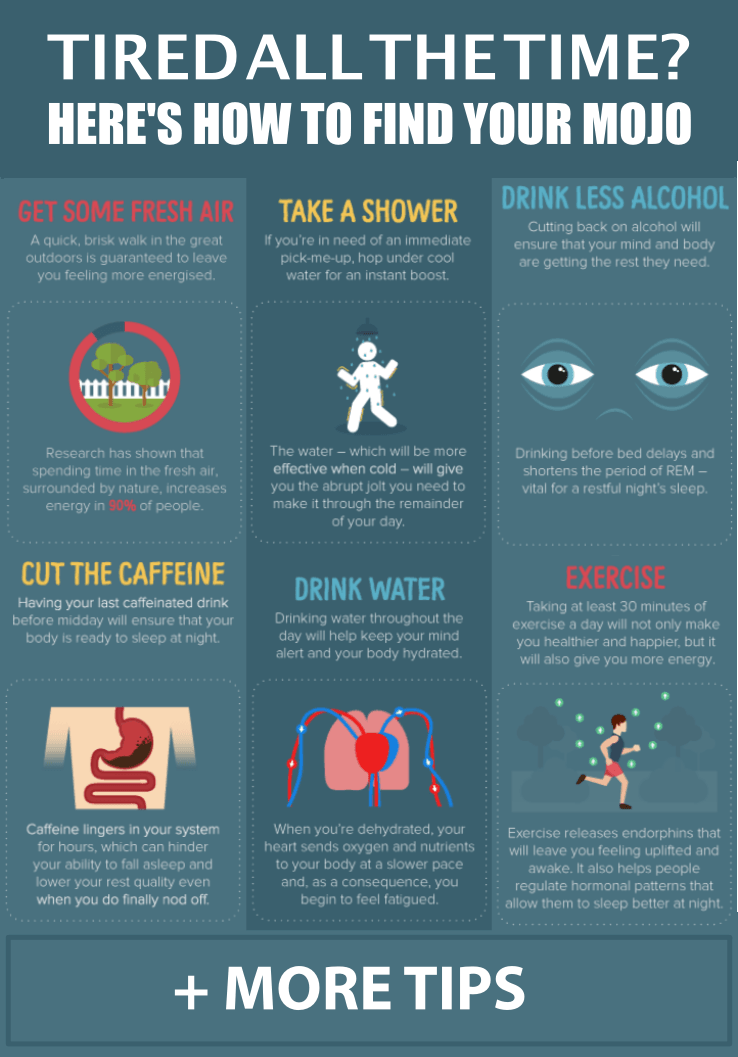 A day off is when you relax, walk, do family chores and do not work.
A day off is when you relax, walk, do family chores and do not work.
Taking regular vacations reduces fatigue and stress. Statistics show that the number of days on vacation does not affect the quality of the holiday. Much more important:
Ideal if you can completely change your usual environment and daily routine. If you have a sedentary job, go on a hike or a trip to an unfamiliar city, where you can walk a lot and visit unfamiliar places. If you constantly interact with people - on vacation, try to limit active communication, spend more time alone with yourself, go online only when necessary. If you want to change the fast working rhythm for peace and quiet, you can just seal on the beach or rent a country house in the neighboring area to walk through the forest and go fishing.
Focus and concentration are affected by an endless flow of information, especially when work is connected with Internet surfing and business correspondence. Distract messages in instant messengers, work letters, push notifications and advertising notifications on websites.
Distract messages in instant messengers, work letters, push notifications and advertising notifications on websites.
As a result, the task on which you planned to spend a couple of hours stretches out for the whole day - the working rhythm slows down, you are nervous.
Researchers of labor statistics believe that the productive period of work is only 3 hours a day. This is how many employees work actively and show good performance. The rest of the time is spent on related tasks - negotiations, correspondence, news monitoring, informal communication with colleagues.
If you do not set priorities and do not control wandering attention, time will be lost, and there will be no energy left for important things.
Make a list of goals before starting the work day. Mark how much time you plan to spend on each task, prioritize: what must be done today, and what can be postponed if you have to switch to urgent matters.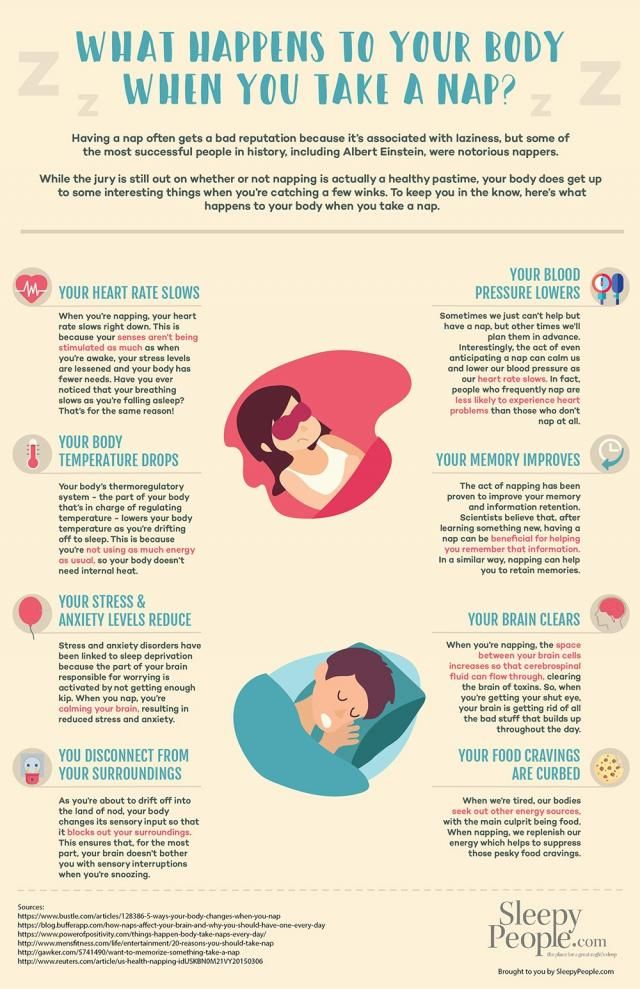
There are days when everything goes wrong and you can't figure out which side to start with. In this case, try to start with small or well-known tasks that are likely to be on your list. So kill two birds with one stone:
Sometimes it happens the other way around: there are no difficult tasks in the task list, but there are unpleasant ones. Then you can "eat the frog" - this is what American business coach Brian Tracy advises. He read an interesting quote from Mark Twain:
"A person who eats a live frog every morning enjoys the feeling that nothing worse will happen to him today for sure."
The essence of the method is to do the most unpleasant of the planned tasks in the morning - then it will not hang over you and spoil your mood. "Eat a frog" in the morning, tell yourself: "I'm done!" and with a light heart solve the rest of the tasks.
"Eat a frog" in the morning, tell yourself: "I'm done!" and with a light heart solve the rest of the tasks.
Brian Tacy talks about eating frogs and 20 other time management principles
Observe rituals. Regular actions, familiar and well-known, will help you tune in to the working day. The authors of Staying Healthy Through Habits: The Psychology of "Habbit Formation" and General Practice believe that environmental conditions and repetition of actions play the role of a symbol - a signal to switch activities.
Come up with your own rituals that will serve as a signal to start the day. What you can do:
Interestingly, one of the most effective morning rituals scientists call a few minutes of silence before starting work.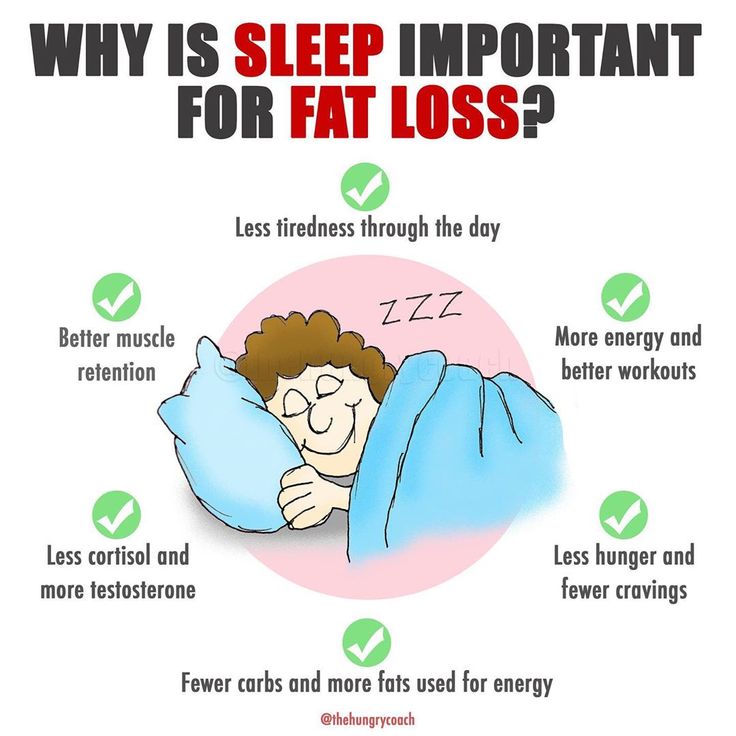 This helps to focus on upcoming cases and put the daily routine in your head - this is the conclusion of researchers at the University of California at Berkeley.
This helps to focus on upcoming cases and put the daily routine in your head - this is the conclusion of researchers at the University of California at Berkeley.
Evening rituals are also important, they will help put the brain into rest mode. A good habit, for example, to turn off the computer when the working day is over, is how you signal to the body that the work time is over, it's time to rest.
Lack of understanding with management or colleagues is another reason for fatigue. A negative microclimate in the team can be influenced by poorly established work processes: there is no quick communication between colleagues or it is not clear which employee is responsible for what. It happens that personal antipathy is mixed in or the inconsistency of views on solving work problems interferes. All this is the cause of misunderstandings and conflicts.
When building communication with colleagues takes more effort than the work itself, irritation, loss of interest and constant fatigue from a showdown are inevitable.
Talk to your supervisor. Explain the essence of the problem and tell that it affects not only the process, but also the result of the work. A professional and adequate leader is likely to listen and try to change the pattern of interaction between employees.
Change company. A good option if the minus in the form of a team outweighs the pros. Lack of understanding with colleagues and management experts call one of the most common reasons for dismissal.
Top 3 intangible factors of employee motivation. According to a study by the International Recruiting Company Hays
What is the essence of
You may have outgrown your work responsibilities. Tasks that once seemed interesting and required serious effort are now performed automatically, and the result is not satisfying. This happens when the level of responsibility and terms of reference have not changed over the past 2-3 years.
Tasks that once seemed interesting and required serious effort are now performed automatically, and the result is not satisfying. This happens when the level of responsibility and terms of reference have not changed over the past 2-3 years.
As a result, motivation decreases, work has to be done through force - this leads to fatigue and stress.
How to help yourself
Develop professionally. If you are tired of boring work and feel that things are becoming a routine, look for ways to develop. Read books, watch movies, listen to webinars, or take a refresher course. With new knowledge, you can look at familiar tasks from a different angle, get a promotion, move to a new position within the company or change jobs.
Change environment. Build connections in the professional field: participate in conferences, forums, webinars, meet interesting and experienced colleagues. On social networks, subscribe to the accounts of people who inspire you and who have something to learn. So you will be aware of the latest news from the professional community, you will be able to develop and find new interests.
So you will be aware of the latest news from the professional community, you will be able to develop and find new interests.
Change jobs. Perhaps you just stayed too long in one place. A new company means new responsibilities and new goals to shake things up. Some daredevils decide on radical changes: they change not only the place, but also the field of activity. For example, they leave sales for copywriting or move to IT from humanitarian areas. Such a decision could be a big step forward. But remember: for big changes you need to have a financial airbag. And newcomers in any field are not welcomed with open arms and generous offers.
What is the essence of
Desire to lie like a rag instead of hard work, lack of strength and bad mood can be symptoms of illness. It is with constant fatigue that emotional burnout begins. This, in turn, can lead to depression, a serious mental disorder.
How to help yourself
If you have tried all the tips, but you still do not find the strength and are constantly tired, consult a doctor. Start with a therapist: he will prescribe a set of studies and, based on the results, give recommendations or advise a narrow specialist.
Start with a therapist: he will prescribe a set of studies and, based on the results, give recommendations or advise a narrow specialist.
Main

Tanya Kopylova
Editor and author at Unisender. I work with volunteer projects.
I write about marketing, psychology and culture.
Emotional burnout - symptoms, causes and how to deal with professional exhaustion
We tell you what emotional burnout is, what are the ways to prevent this syndrome and how to help yourself if you are already burned out
Stress at work - why it is dangerous. Ways to Manage Workplace Stress
Share ways to manage stress at work. How to get rid of the routine and fill the unbearable working day with meaning.
Online test for emotional burnout
The test will help to identify signs of emotional and professional burnout. The questionnaire for identifying the professional burnout syndrome according to Maslach (MBI) was taken as a basis.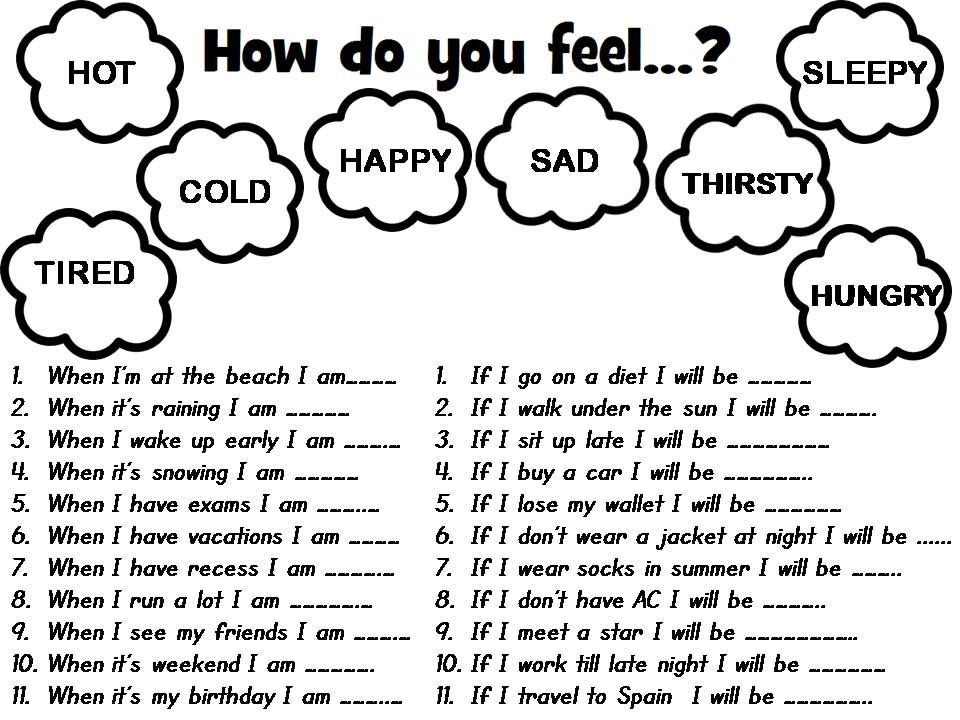
Everyone has periods of devastation, and they can be dealt with if you follow simple rules.
To change your life, you need to know what exactly needs to be changed. So ask yourself why you like or dislike yours. Understand what caused dissatisfaction with work.
Are you underestimated, don't like the team, tight schedule, a lot of overtime? The reasons for dissatisfaction can be very different, and the most important thing is to find them.
Nerves at work worsen health. A heavy workload, conflicts, loss of interest in work will certainly affect your well-being. And the employer does not need employees who are constantly sick. So here is some unexpected advice: if you have problems at work, pay attention to your health. Give up bad habits, sleep well and eat well.
Give up bad habits, sleep well and eat well.
You have to work, even if you really don't feel like it. Nobody canceled the need to eat, the communal apartment is expensive, the family needs to be fed ... But if work does not bring pleasure, you need to find an occupation that will bring it. And where you can also earn money.
If you are good at dancing, try teaching dance. You draw - draw a picture and sell it. You can earn money by sewing, knitting or other needlework. Arrange online courses on a topic that you are well versed in. There are as many options as there are many talents you have.
Of course, it is not necessary to earn money in this way, but you can try.
If you work in one position for a long time, the work is brought to automatism and becomes boring. And if the thought came to mind that you already "know everything", this is a sign that you need to develop further. Because in the 21st century it is physically impossible to know everything.
And if the thought came to mind that you already "know everything", this is a sign that you need to develop further. Because in the 21st century it is physically impossible to know everything.
Go to courses in your field - they will tell you what you missed, share your experience. And in the classroom in a different direction, you can master a different profession, or at least learn to better understand what your colleagues are doing. And this is the beginning of professional growth. Yes, at least ask your colleagues about what, how and why they do it, and then look for more information on the Internet.
A workaholic can't make new friends. Closing himself in a close company of colleagues, he forgets what normal personal communication is, loses the skills of friendly communication. And in order to maintain an interesting conversation, you need to share with others something else besides working information. Perhaps it is in this fact that you do not meet new people in your life that the cause of fatigue lies. Think about who you hang out with the most. If with colleagues, remember old connections outside of work or make new ones.
Perhaps it is in this fact that you do not meet new people in your life that the cause of fatigue lies. Think about who you hang out with the most. If with colleagues, remember old connections outside of work or make new ones.
Husband and wife who have lost romance in a relationship are advised to remember the time when they met and the reason why they could not live without each other. In the same way, those who are tired of work need to remember why they came to work for this company in the first place. Perhaps your priorities in life have changed and the work no longer corresponds to them. Or the work process itself has changed, the people who made it special left the company. When you understand, you will understand what needs to be changed in the work.
In case of serious problems at work, it is always advised to take a break: take a vacation for at least a week, go at least to a neighboring city for a few days and look at the sights.